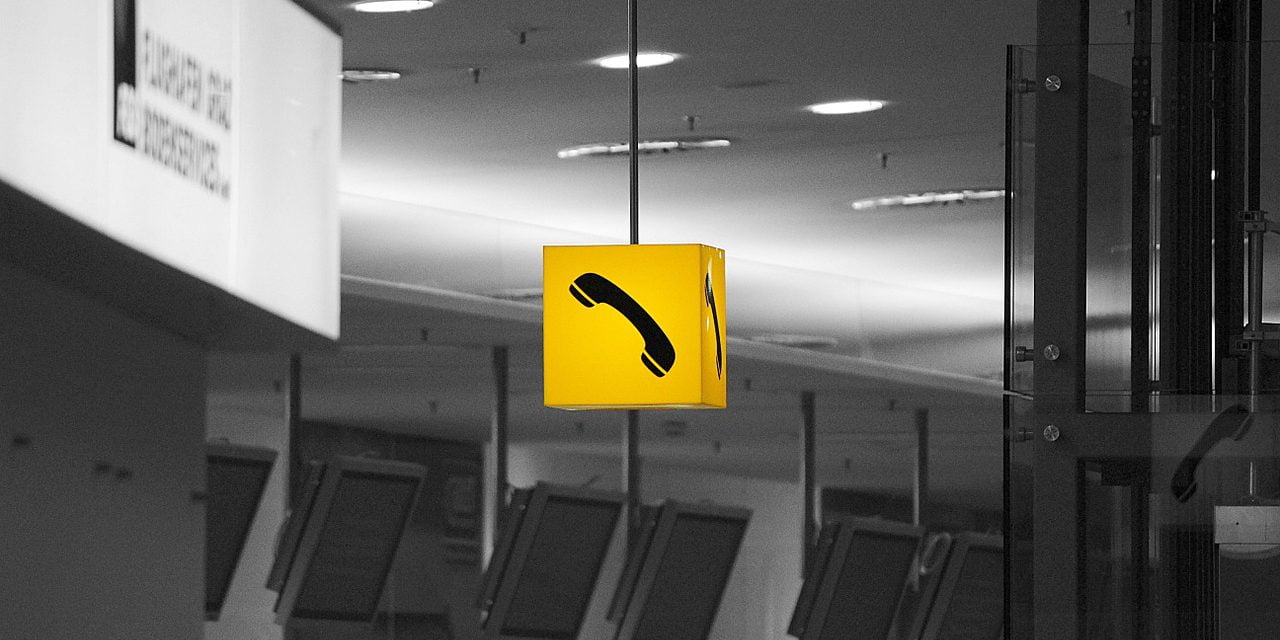This article describes the do-not-call rules MLOs need to follow when engaging in telephone marketing campaigns.
When MLOs are telemarketers
Mortgage loan originators (MLOs) are subject to do-not-call rules under the Telemarketing Sales Rule, overseen by the Federal Trade Commission (FTC). [16 CFR §310.8 et seq.]
When are MLOs considered telemarketers?
A telemarketer is defined as any person who initiates or receives telephone calls to or from a customer or donor in relation to telemarketing. Telemarketing includes a plan or campaign to induce the purchase of goods or services — such as marketing mortgage services and other sales calls — by use of one or more telephones and involves two or more out-of-state phone calls. [16 CFR §310.2(ff), (gg)]
Does this mean MLOs who only make in-state phone calls are exempt from the do-not-call rules?
No. In-state phone calls are covered under the Telephone Consumer Protection Act, regulated by the Federal Communications Commission (FCC). [47 United States Code §227 et seq.]
So, what do MLOs need to know about following the do-not-call rules? Read on for more information.
Do-not-call Registry
Individuals can sign up for the Do-not-call Registry to avoid receiving unwanted calls from telemarketers. This registry is maintained by the FTC.
MLOs need to check the Do-not-call Registry before making any telemarketing calls. [16 CFR §310.8(a)]
MLOs need to pay an annual fee to access the Do-not-call Registry. The fee is $61 per area code, beyond the first five area codes accessed. Thus, when an MLO needs to call clients within a single area code (or up to five), they won’t need to pay a fee. But when an MLO needs to call clients spanning six area codes, they need to pay $61 for the sixth area code and each area code following, up to a maximum of $16,714. [16 CFR §310.8(c)]
MLOs accessing the Do-not-call Registry may not share their access to this registry with any other person. [16 CFR §310.8(c)]
MLOs do not need to check the Do-not-call Registry when:
- the prospective applicant has given them express, signed permission to call a specified telephone number; or
- the MLO can demonstrate an established business relationship with the prospective applicant and the prospective applicant has not indicated they do not wish to receive telephone calls from the MLO. [16 CFR 310.4(b)(1)]
Call rules
Whether or not a phone number is listed in the Do-not-call Registry, the Telemarketing Sales Rule regulates certain aspects of the phone call.
MLOs need to:
- restrict calls to between 8am and 9pm local time unless the prospective applicant has given permission to call at other times;
- allow the phone to ring at least four times or 15 seconds before disconnecting;
- avoid abusive telephone conduct, like:
- repeatedly or continuously calling a prospective applicant with the intent to harass or annoy;
- using profanity or threatening language; and
- respect requests to not call back without requiring persons to:
- listen to a sales pitch;
- pay a fee;
- call a different number to honor the request; or
- identify the MLO making the call;
- disclose truthfully and promptly the:
- identity of the caller;
- purpose of the call, which is to sell a good or service; and
- the nature of the good or service. [16 CFR 310.4 et seq.]
MLOs may not request or receive money in advance of arranging a loan or any other extension of credit when they have guaranteed or given a high likelihood of success in obtaining or arranging a loan for the person being called. [16 CFR §310.4(a)(4)]
Further, MLOs may not receive a fee for any debt relief service until and unless:
- the MLO has renegotiated, settled or altered the terms of at least one debt of the prospective applicant called;
- the prospective applicant has made at least one payment pursuant to that debt relief service; and
- the fee is either:
- of a proportional relationship to the total fee required to alter the prospective applicant’s debt; or
- is a consistent percentage of the amount saved through the debt relief services. [16 CFR 310.4(a)(5)]
MLOs need to receive express and informed permission to charge a person for a good or service. When the MLO is using pre-acquired account information, before using this account to charge the person, the MLO needs to:
- obtain the last four digits of the account number to be charged;
- obtain the person’s express agreement to be charged the identified amount using the identified account; and
- make and keep an audio recording of the entire transaction. [16 CFR 310.4(a)(7)]
Other rules on notifying people about the MLO’s collection and sharing of information need to be followed under the Gramm-Leach-Bliley Act. first tuesday will go over these rules in a forthcoming article.
Penalties
When an MLO does not follow the do-not-call rules, they put themselves at risk of legal action from the FTC.
To date, the FTC has brought legal action against over 100 telemarketers and companies for violating the do-not-call rules. The largest penalty was paid by Mortgage Investors Corporation, when the FTC collected $7.5 million for repeated violations of the Telemarketing Sales Rule.



















